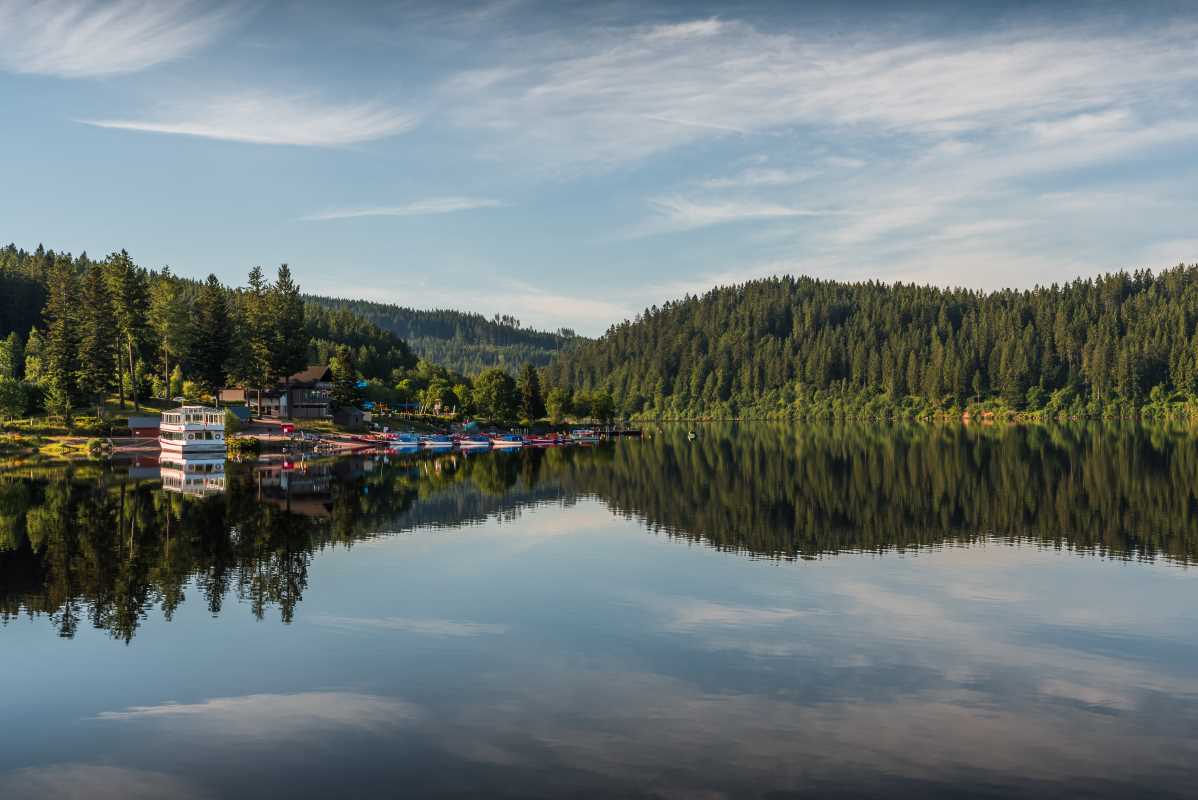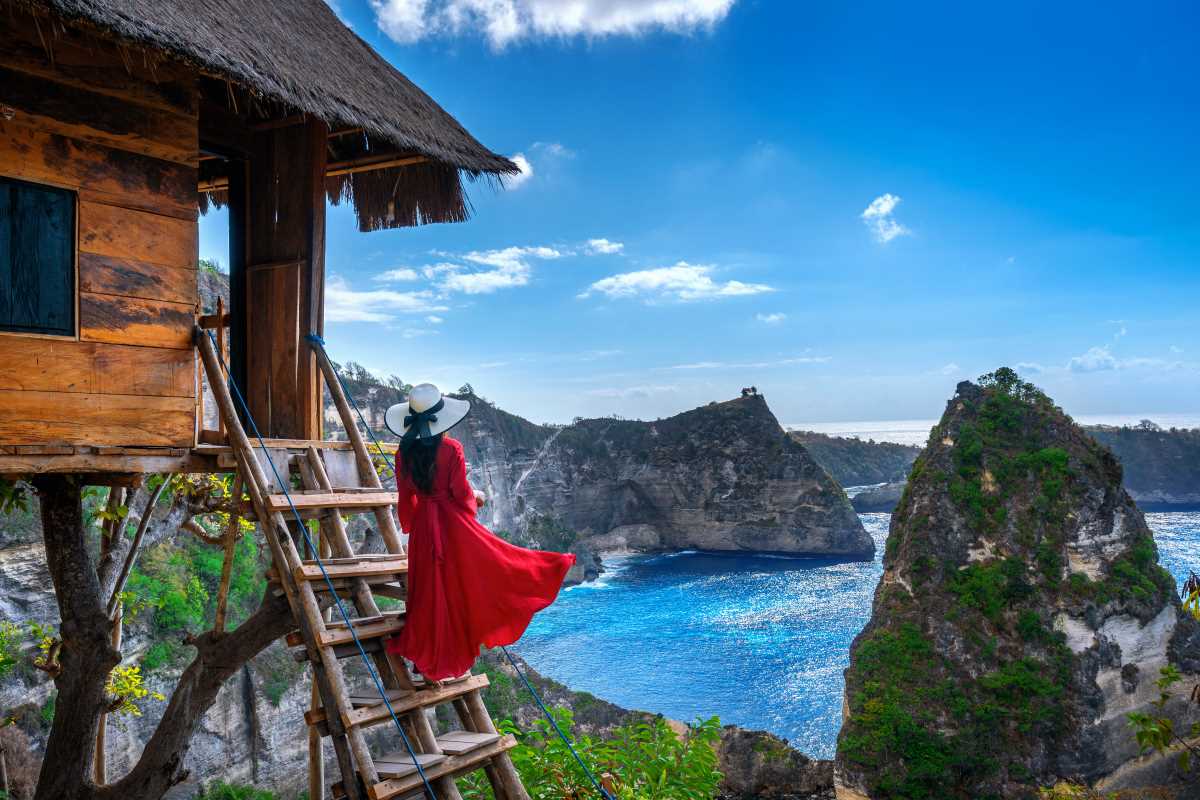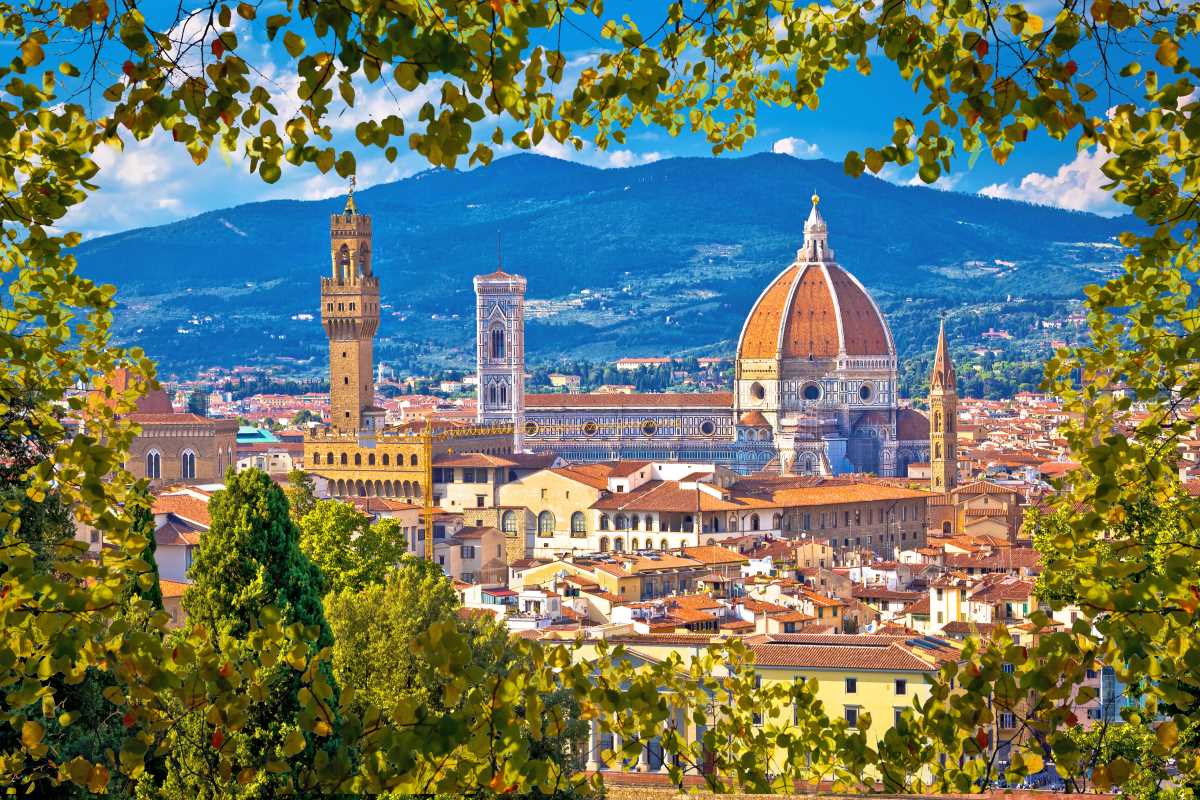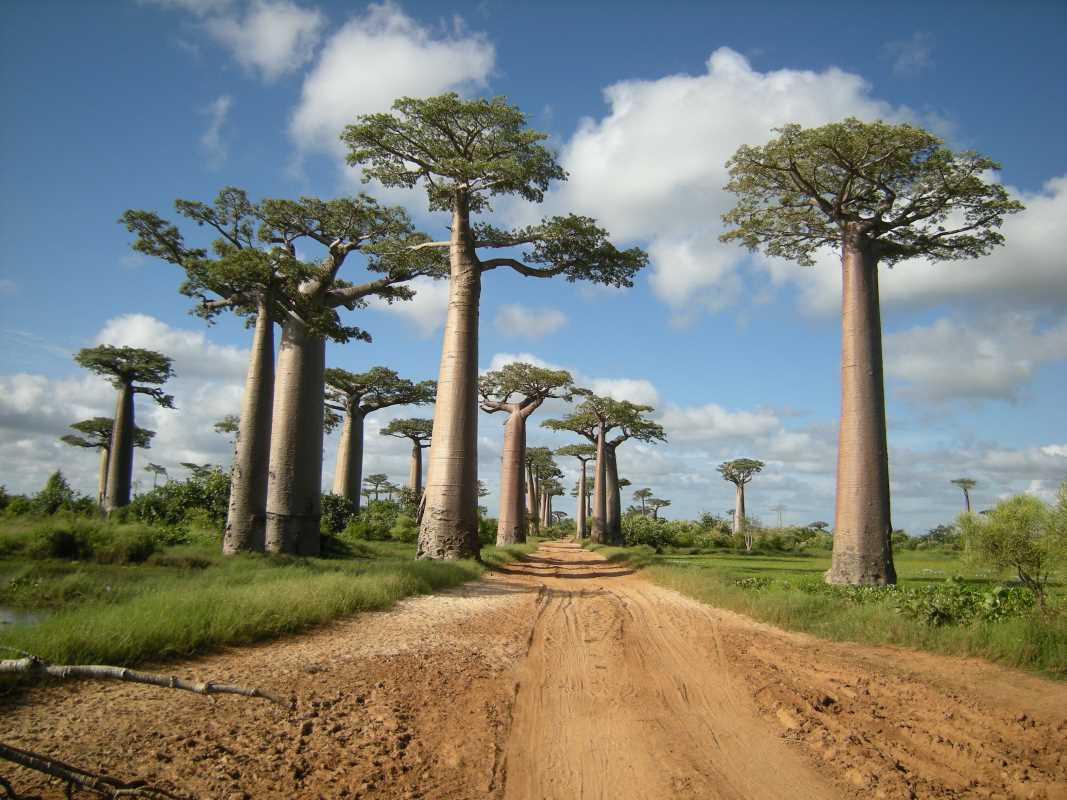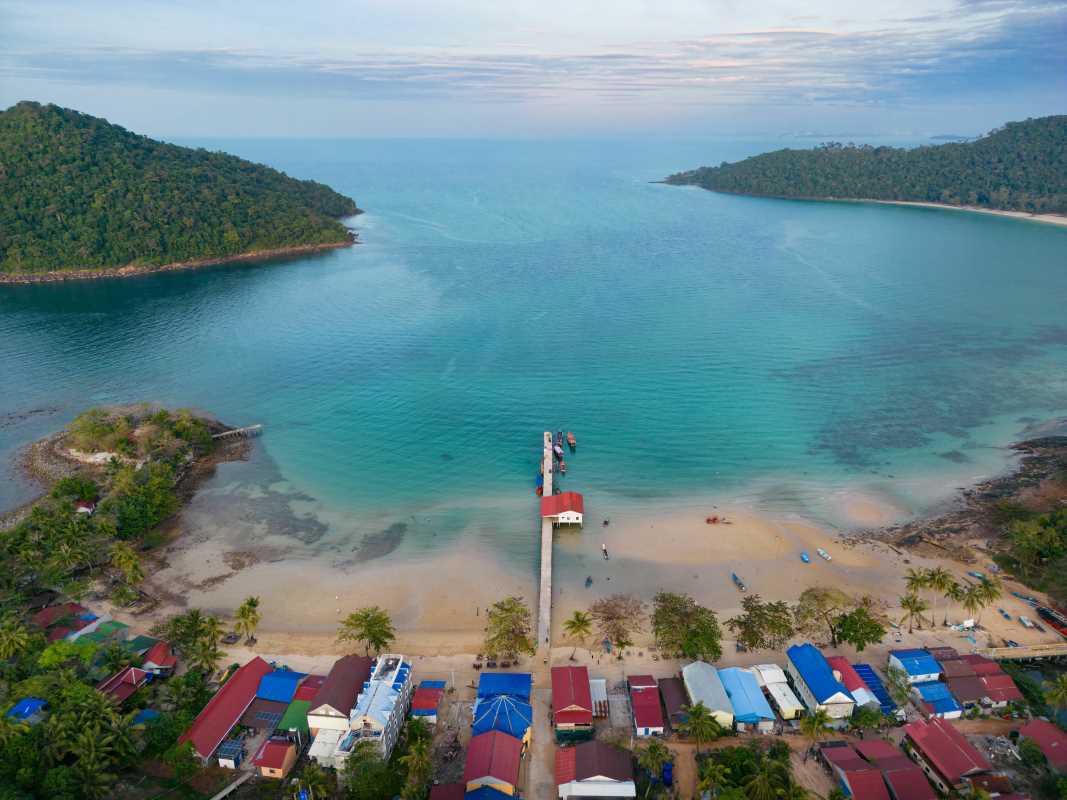The desire to explore our planet’s most beautiful corners comes with a growing sense of responsibility to protect them. Modern travelers are increasingly seeking journeys that go beyond sightseeing, looking for meaningful experiences that contribute positively to the places they visit. This is the essence of eco-tourism: a movement dedicated to responsible travel that conserves the environment, sustains the well-being of local people, and involves interpretation and education. It’s about selecting destinations and operators that are dedicated to making a positive impact. In 2025, traveling with a purpose means venturing to hotspots where your visit directly supports wildlife conservation, community empowerment, and the preservation of fragile ecosystems, creating a vacation that enriches both you and the planet.
Costa Rica: A Blueprint for Biodiversity and Conservation
Costa Rica has long been a global leader in eco-tourism, and its commitment to preservation continues to set the standard. This small Central American nation is one of the most biodiverse countries on Earth, and it has successfully built a tourism model that revolves around protecting its natural treasures. Over 25% of the country's land is designated as national parks or protected reserves, creating a vast network of pristine rainforests, cloud forests, and marine habitats for travelers to explore responsibly.
A journey here offers countless opportunities to engage with conservation efforts. You can stay in eco-lodges that are fully powered by renewable energy, practice sustainable farming, and are built with locally sourced materials. In the Osa Peninsula, often called the most biologically intense place on Earth, you can take guided night hikes to spot rare nocturnal animals or volunteer with sea turtle conservation projects that protect nesting sites. The Monteverde Cloud Forest Reserve is another prime example, where tourism fees directly fund conservation research and the protection of the area’s unique ecosystem, home to the resplendent quetzal. A trip to Costa Rica is a powerful lesson in how a country can thrive by placing nature at the heart of its identity.
The Galápagos Islands, Ecuador: Evolution in Action, Responsibly
The Galápagos Islands are a living laboratory of evolution, a place so unique that it demands the utmost respect and care from its visitors. Ecuador has implemented strict regulations to protect this fragile archipelago, ensuring that tourism remains a force for good. The number of visitors is carefully controlled, and all tours must be led by licensed naturalist guides. This highly regulated approach ensures that every visitor receives a deep education on the islands' delicate ecosystems and the importance of conservation.
An eco-conscious trip to the Galápagos involves choosing a tour operator with a strong commitment to sustainability. Look for small-ship cruises that practice responsible waste management, hire local crew members, and contribute to conservation initiatives. On the islands, you will follow clearly marked paths to observe the fearless wildlife, from giant tortoises to marine iguanas, without disturbing their natural behaviors. You can also participate in community-based tourism on islands like Floreana, where you can stay with local families and support businesses that are directly invested in preserving their home. A visit here is a profound reminder of our role as stewards of the planet’s most precious places.
Slovenia: Europe’s Green Heart
Often overlooked for its more famous European neighbors, Slovenia has quietly become a powerhouse of sustainable tourism. This beautiful country, nestled between the Alps and the Adriatic Sea, was the first nation to be declared a "Green Destination" in its entirety. Its capital, Ljubljana, was named the European Green Capital and is a model of sustainable urban living, with a car-free city center and vast green spaces. Slovenia’s commitment to eco-tourism is woven into the fabric of its national identity.
Your adventure here can take you from the pristine waters of Lake Bled to the dramatic peaks of Triglav National Park. You can stay in traditional tourist farms where you can experience rural life, enjoy organic, farm-to-table meals, and learn about sustainable agriculture. The country is a paradise for hikers and cyclists, with an extensive network of trails that encourage low-impact exploration. Many local operators offer unique experiences like bear-watching tours led by wildlife experts, where a portion of the proceeds goes directly to conservation efforts aimed at protecting the European brown bear population. Slovenia proves that a country can offer world-class travel experiences while prioritizing the health of its natural environment.
Rwanda: Gorilla Conservation and Community Empowerment
Rwanda has emerged as one of Africa’s most inspiring success stories, particularly in the realm of wildlife conservation. The country has made the protection of the critically endangered mountain gorilla a national priority, and its tourism model is a testament to how responsible travel can save a species while uplifting local communities. The experience of trekking to see these gentle giants in Volcanoes National Park is a profound and life-changing encounter.
The process is meticulously managed to ensure the well-being of the gorillas. The number of trekking permits issued each day is strictly limited, and visitors are only allowed to spend one hour with a gorilla family to minimize human impact. The high price of the permits directly funds the park's anti-poaching patrols, veterinary care, and habitat conservation. Crucially, a significant portion of this revenue is shared with the local communities living around the park. This community-based approach gives residents a direct economic stake in the gorillas' survival, turning former poachers into passionate protectors. Visiting Rwanda is a powerful example of how your travel dollars can create a sustainable cycle of conservation and community development.
Palau: Pristine Paradise with a Pledge
The remote island nation of Palau in the western Pacific is a diver's dream, boasting an underwater world of breathtaking beauty. To protect its marine ecosystems, Palau has taken a bold and innovative approach to tourism. Upon arrival, every visitor is required to sign the "Palau Pledge," a stamp in their passport that is a formal promise to the children of Palau to act in an environmentally and culturally responsible way during their stay. This simple yet powerful act sets the tone for a visit grounded in respect and mindfulness.
Palau has designated a massive portion of its marine territory as a fully protected marine sanctuary, one of the largest in the world. This move has allowed its coral reefs and fish populations to thrive. As a visitor, you can explore this underwater wonderland by partnering with tour operators who adhere to strict eco-guidelines. You can snorkel in Jellyfish Lake, a marine lake filled with millions of harmless jellyfish, or dive among sharks and manta rays in protected waters. The country is also a leader in banning reef-toxic sunscreens. A trip to Palau offers an inspiring look at a nation prioritizing the health of its ocean, ensuring its pristine beauty endures for generations to come.
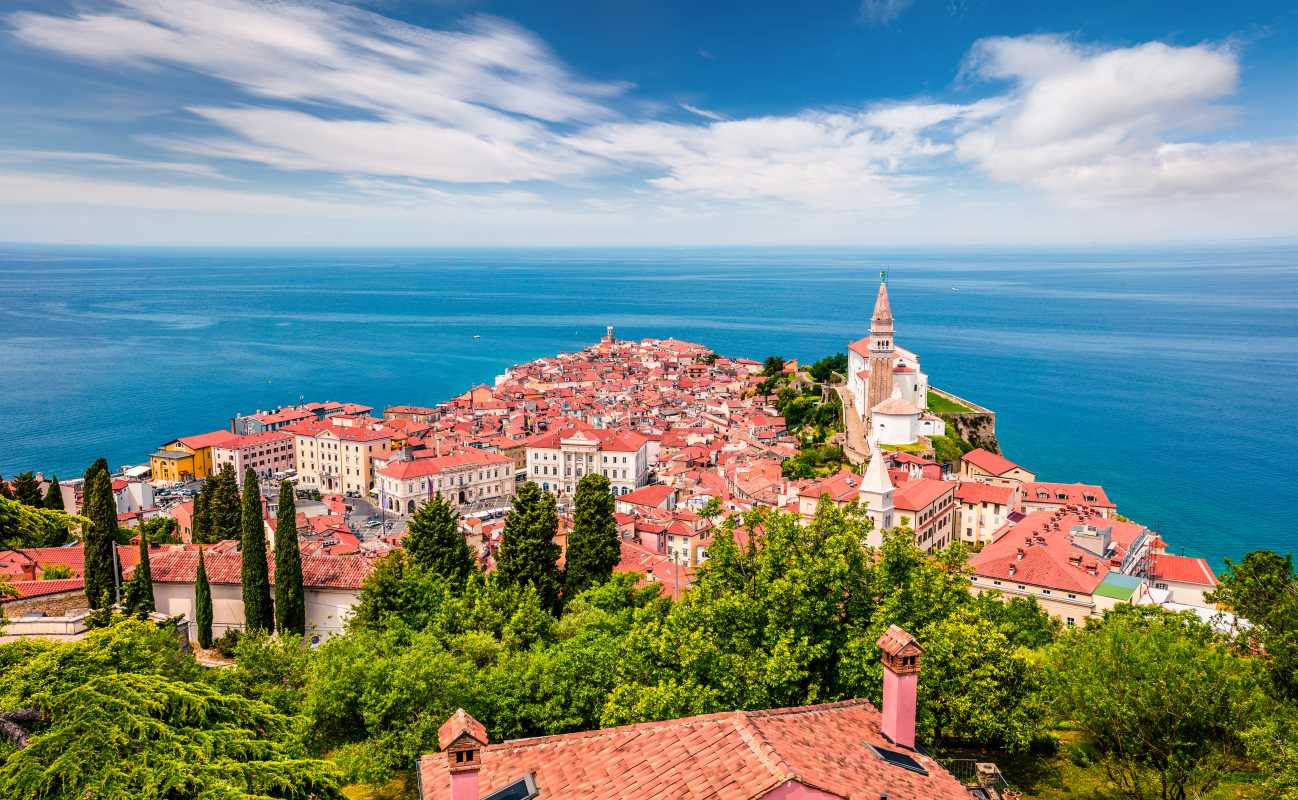 (Image via
(Image via